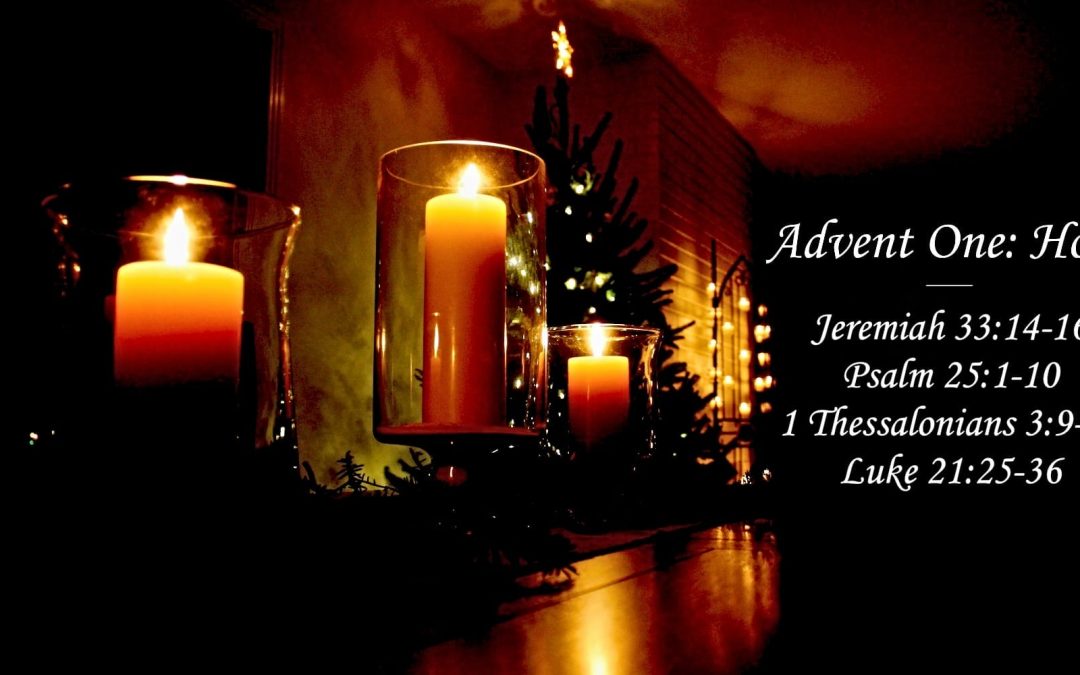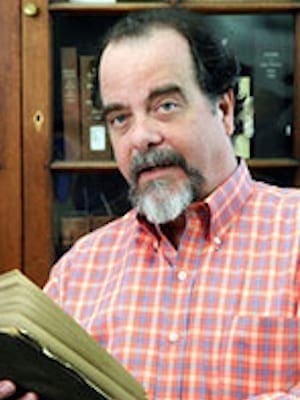The liturgical year is built upon common readings that span three years of reading, hearing, reflecting upon and, for some, preaching the same passages.
Those who embrace the cycles year by year have the chance to visit familiar texts that are old friends, but in a new context.
How things have changed since last we paused to hear and apply the nudges of what liturgists call Year C of the lectionary.
Globally, there is more uncertainty and anxiety. Old alliances – political and economic – seem to be in flux.
In Europe, the grand experiment of an open European Union is in retreat. In Asia, old allies are becoming new adversaries.
The balance of power in the Middle East is less stable than it has been for a generation, goaded less by the common good and more by raw economic and political power.
And, too, the southern hemisphere is faced with the same leanings toward isolation and protection – politically and economically – that are dominating the northern hemisphere.
Advent nearly is here. Something is coming. Something is beginning (that is what advent means).
Our challenge is to think about how we might be faithful in the face of an unknown. How we respond to the unknown has the power to shape it.
Advent is the season for audacity. As we enter into Advent, we are encouraged to embrace hope.
In a world hell-bent on staking out claims of greatness for isolated groups, Christians will light a simple candle, the Candle of Hope.
As the world around us clamors for the now – which always sounds like “Right Now!” – Christians whisper, “Wait.”
That first candle, the Candle of Hope, lights the way as we embrace the most audacious time of the year.
In the dim light of the first candle, we glimpse the promise that week by week other candles will burn, but we also know that will have to wait. So, we wait.
We wait for the lone flame to gain its strength, to spread its light, to warm our chilly hearts and to make us bold once more.
On the first Sunday of Advent, hear the hoarse whispers of the prophet Jeremiah. “Wait,” he whispers. “Wait!”
His whispers are hoarse because his throat has been scalded by his own tears as he saw the glory of the kingdom of David fade.
In the face of lost hope for his day – do not forget that the prophet lived through two invasions of Jerusalem by the Babylonians – Jeremiah chose to cling to a coming hope. Jeremiah refuses to abandon hope.
Instead, he glimpses in the promise of God a day when “Judah will be saved, and Jerusalem will live in safety” (Jeremiah 33:16).
In a confrontational lament, the psalmist emboldens us. “Be mindful of your mercy, O Lord, and of your steadfast love, for they have been of old” (Psalm 25:6).
Only the fiercest of hopes could be so bold as to demand that God reveal divine character. It is the essence of hope to rely upon God to be God.
“Wait,” the psalmist whispers. “Wait!” With a pleading hope, the poet writes, “Do not let those who wait for you be put to shame” (Psalm 25:3).
The strains of hope echo, as well, as we hear the apostle’s convictions that his friends in Thessalonica might continue to mature in the light of hope.
“Wait,” the apostle whispers. “Wait!” Paul’s hope is the audacity of gratitude that makes him write, “How can we thank God enough for you?” (1 Thessalonians 3:9), only to follow with, “And may he so strengthen your hearts in holiness that you may be blameless before our God and Father at the coming of our Lord Jesus with all his saints” (1 Thessalonians 3:13).
Yes, ’tis the season for audacity. As Christians enter the season of Advent, we embrace hope.
In a world hell-bent on staking out claims of greatness for isolated groups, Christians will light a simple candle, the Candle of Hope.
The Gospel lesson whispers “Wait … Wait!”
Jesus himself whispers, “Be on guard so that your hearts are not weighed down with dissipations and drunkenness and the worries of this life” (Luke 21:34).
In his immortal poem, Dante reports the inscription above the gates of hell: “Abandon hope all ye who enter here.”
The audacity of Advent – and especially the first Sunday of Advent – is the refusal to abandon hope. Christians stand against the urgency of now – which always sounds like “Right Now!” Christians whisper, “Wait … Wait!”
Editor’s note: This article is the first in a weekly series for Advent 2018, reflecting on the lectionary texts for the Sundays of Advent that are available here.


